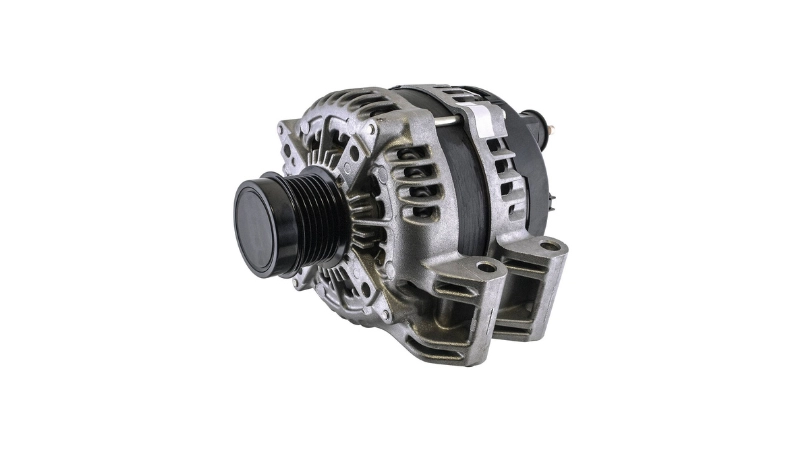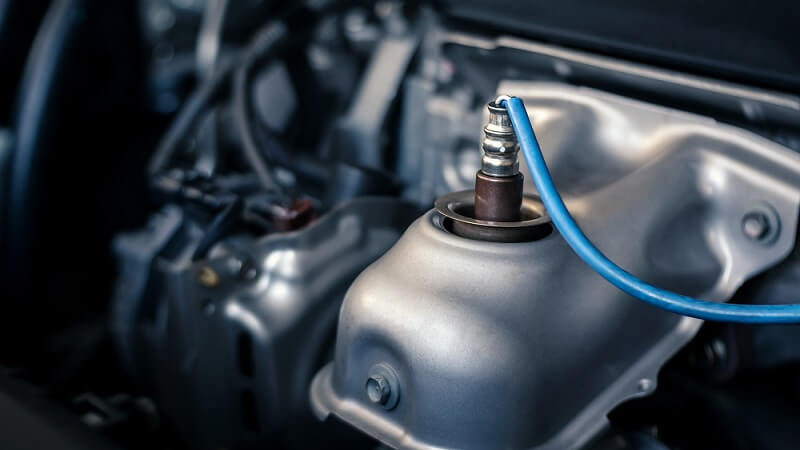Imagine you’re cruising down the highway in your Dodge Charger when suddenly, the headlights start to dim, and the dreaded battery warning lights come up. Many Dodge Charger owners have experienced similar issues, often caused by a failing alternator. In fact, alternator problems are among the top electrical issues reported in Dodge Chargers.
The alternator is a vital component of your vehicle’s electrical system. It charges the battery and powers all electrical accessories while the engine runs. Without a functioning alternator, your car can suffer many issues, from dimming lights to a completely dead battery, leaving you stranded when you least expect it.
In this article, we’ll talk about the common symptoms of Dodge Charger alternator problems, their underlying causes, and practical repair solutions. Whether you’re a seasoned DIY enthusiast or just want to know more about this widespread issue, this guide will equip you with the knowledge to address alternator issues and keep your Dodge Charger running smoothly.
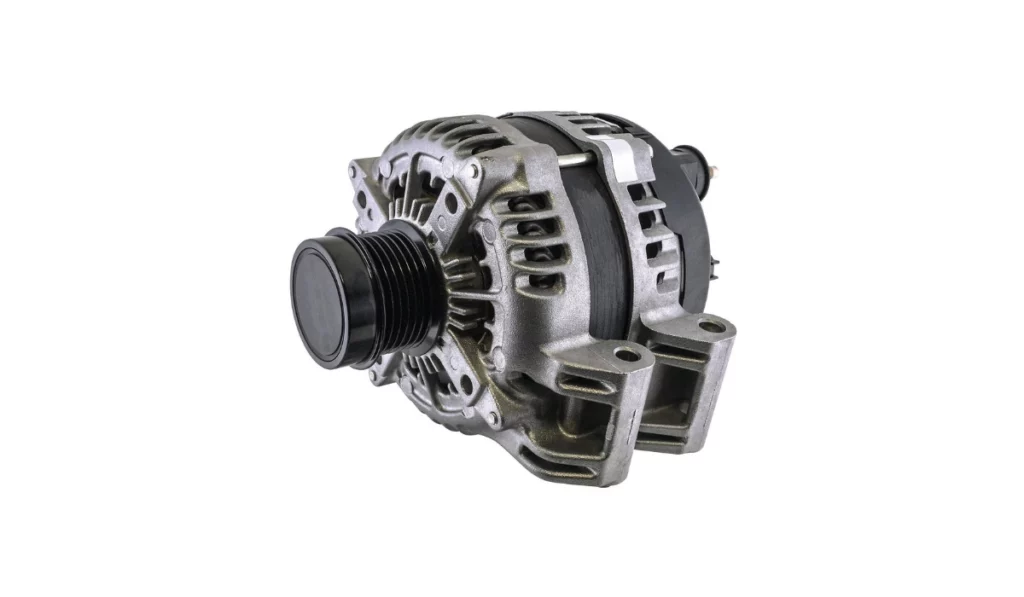
Understanding the Alternator and its Issues on Your Dodge Charger
The alternator is a crucial component of your Dodge Charger’s electrical system. It converts mechanical energy into electrical energy to power your vehicle’s accessories and charge the battery. Understanding how it functions and recognizing its importance can help you maintain your Charger’s performance and safety.
How Does the Alternator Power Up Your Dodge Charger?
The alternator in your Dodge Charger is responsible for generating electricity to power the vehicle’s electrical systems and recharge the battery. It works by converting the mechanical energy from the engine’s crankshaft into electrical energy.
This process involves the alternator’s rotor spinning inside a magnetic field, creating an Alternating Current (AC). The rectifier then converts this AC to Direct Current (DC), making it suitable for the car’s electrical components. The voltage regulator, integrated into the Powertrain Control Module (PCM), ensures the voltage remains consistent and safe for the vehicle’s systems.
Critical Role of a Functioning Alternator in Your Dodge Charger
A functioning alternator is vital for your Dodge Charger’s overall performance and safety. It ensures that all electrical systems, such as headlights, infotainment, and power windows, operate smoothly. Additionally, it keeps the battery charged, preventing it from draining and leaving you stranded. Without a reliable alternator, your Dodge Charger’s electrical systems can fail, and in severe cases, it could also lead to more significant safety issues.
Dodge Charger Alternator Recalls
Several recalls for Dodge Charger alternators have highlighted their critical role in vehicle safety. Some models are even at risk of fire due to faulty alternators, emphasizing the need for regular checks and timely repairs. Here’s a summary of the key recalls:
Recall #17V741000 (T75) — Involves 2014 Dodge Charger and other models with a 160-amp alternator, which may suddenly fail or catch fire.
Recall #17V435000 (T36) — Covers 2011-2014 Dodge Charger and other models with electro-hydraulic power steering and various alternators (160-, 180-, or 220-amp) that may fail or catch fire.
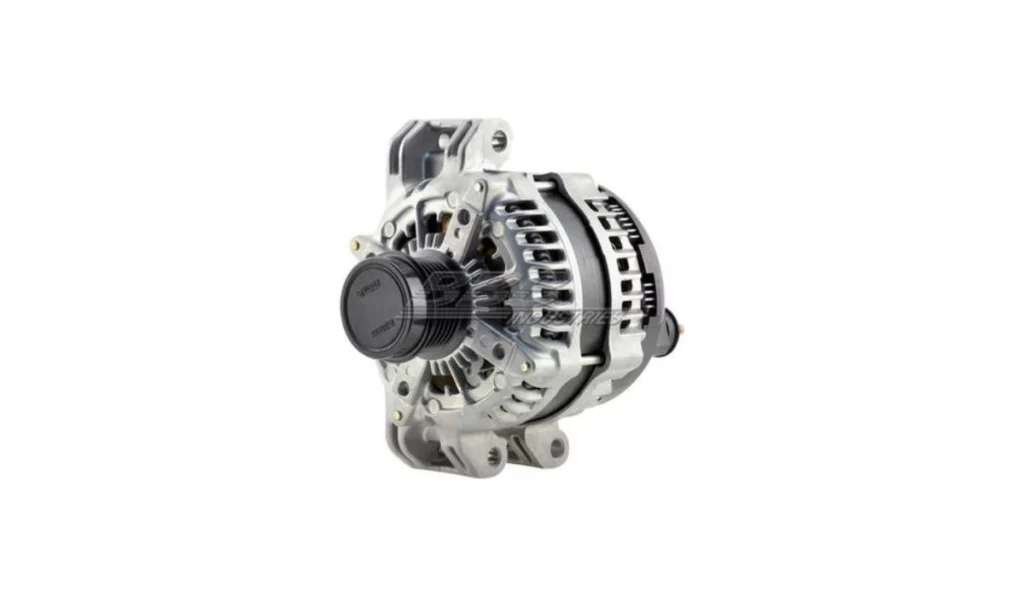
Recall #16V739000 (S68) — This applies to 2011-2014 Dodge Charger Police vehicles and other models with a 220-amp alternator that may suddenly fail or catch fire.
Recall #14V634000 (P60) — It affects the 2011-2014 Dodge Charger and other models with a 3.6L engine and a 160-amp alternator that may suddenly fail or catch fire.
These recalls underscore the importance of addressing alternator issues promptly to ensure vehicle safety and reliability.
Common Symptoms of Dodge Charger Alternator Issues
Recognizing the symptoms of alternator issues early can prevent more severe problems and keep your Dodge Charger running smoothly. Here are some common signs that your alternator might be failing.
Battery Warning Light
The battery warning light on your dashboard indicates that the battery voltage is quite low, and the charging system cannot supply the needed voltage properly. When this light comes on, it’s crucial to check the alternator and the battery as soon as possible to avoid getting stranded.
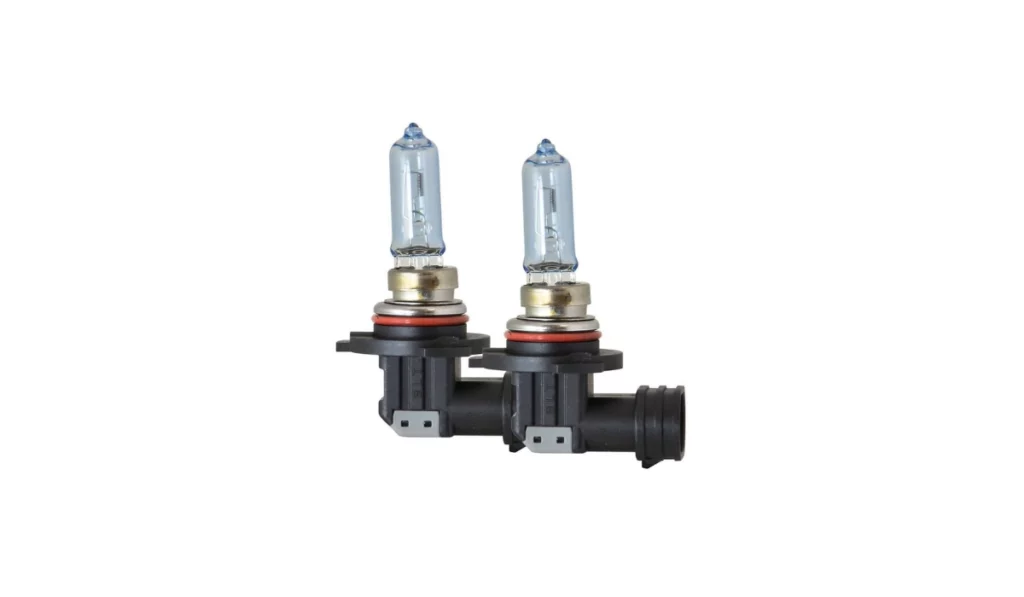
Unusual Sounds
A failing alternator often produces unusual sounds like grinding or whining. These noises can result from worn-out bearings or internal components failing. If you hear such sounds coming from the engine bay, it’s a sign that the alternator may need attention.
Dimming Lights
One of the first signs of alternator trouble is dimming or flickering headlight bulbs and dashboard lights. This occurs because a failing alternator cannot provide consistent power to the vehicle’s electrical systems, leading to reduced brightness.
Electrical Failures
A malfunctioning alternator can cause various electrical issues, such as power windows, locks, and other electrical components failing to operate correctly. These issues arise because the alternator cannot supply enough power to the car’s electrical systems.
Dead Battery
A dead battery is often a result of a failing alternator. The alternator’s primary function is to keep the battery charged, and when it fails, the battery drains quickly. This can lead to starting issues and even stalling while driving.
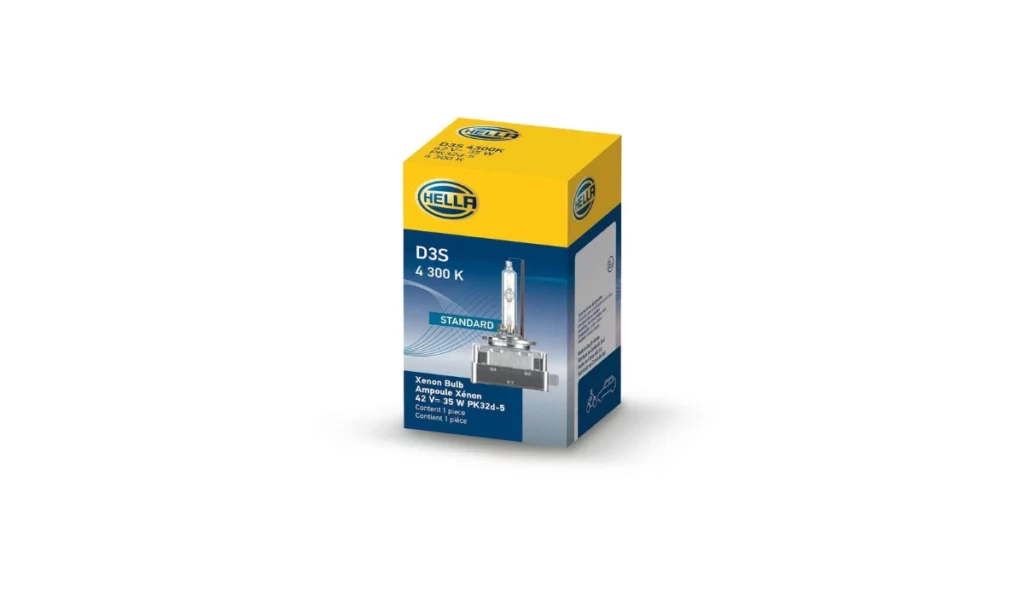
Do Alternators Fail Suddenly?
Yes, alternators can fail suddenly, often without warning. While some symptoms may appear gradually, in many cases, the alternator can stop working abruptly, leaving the battery low on charge and resulting in a no-start condition. This sudden failure highlights the importance of regular maintenance and paying attention to early warning signs.
Genuine Mopar Parts at Great Prices
Visit Newparts.com for a wide selection of genuine Mopar and OEM parts at competitive prices. Our goal is to help Dodge owners access top-quality auto parts without high costs. Our curated parts and components meet OEM standards and are tailored to your Dodge’s requirements. From vital brake components to maintenance items, we have it all.
Opt for Newparts.com and enjoy great savings with no compromise on quality; perfect for Dodge DIY enthusiasts who appreciate affordability and reliability. Our large inventory, user-friendly site, and outstanding customer service ensure you get what you need. For all your maintenance and upgrade projects, choose Newparts.com.
Causes of Alternator Problems In Dodge Charger
Understanding the common causes of alternator problems can help you take preventive measures and ensure your Dodge Charger remains in optimal condition. Here are the primary factors that can lead to alternator issues.
Component Failure
Internal component failures, such as worn bearings, faulty diodes, or issues with the voltage regulator (integrated into the PCM), can cause the alternator to malfunction. Regular maintenance and inspections can help identify and address these issues before they lead to more severe problems.
Faulty Wiring
Damaged or corroded wiring can disrupt the electrical flow to and from the alternator. Poor connections can cause the alternator to function intermittently or fail completely, leading to various electrical issues in the vehicle.
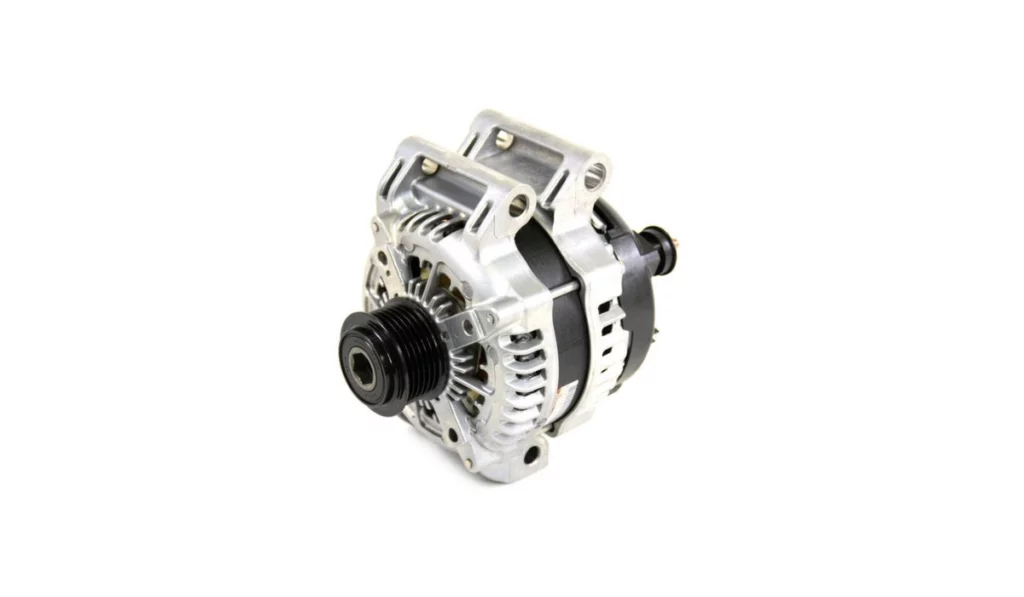
Electrical Overloads
Excessive use of electrical accessories, such as high-powered audio systems, can strain the alternator. This overload can cause the alternator to work harder than intended, leading to overheating and premature failure.
Belt Issues
A loose or broken serpentine belt can significantly affect the alternator’s performance. The belt drives the alternator, and if it is not properly tensioned or breaks, the alternator cannot generate power, leading to a drained battery and electrical failures.
How Long Does a Dodge Charger Alternator Last?
On average, a Dodge Charger alternator lasts between 80,000 to 150,000 miles or about 7 to 10 years. However, this lifespan can vary depending on driving conditions, usage of electrical accessories, and maintenance practices. Regular battery inspections can extend the life of your alternator and prevent sudden failures.
Diagnosing Your Dodge Charger for Alternator Problems
Proper diagnosis of alternator problems can prevent further damage to your Dodge Charger. Here’s how to inspect and test your alternator and related components.

Visual Inspection
Start by visually inspecting the alternator and battery for any obvious signs of damage or wear. Check for frayed belts, loose connections, and any visible corrosion on the terminals and wiring. Ensure the serpentine belt is properly tensioned and in good condition. You’ll also need to undo the belt and manually spin the alternator pulley to check if there is resistance or whining noise produced.
OBD II Scan
Using an OBD II scanner, check for any fault codes related to the alternator. One of the relevant fault code for Dodge Charger alternator issues is P0622 (Generator Field Control Circuit Open). This code indicates problems with the alternator’s electrical control circuit.
Battery Test
To rule out battery issues, test the battery with a multimeter. Set the multimeter to DC voltage and place the red probe on the positive terminal and the black probe on the negative terminal. When the engine is off, a healthy battery should read between 12.4 and 12.6 volts. If the reading is below this range, the battery may need to be charged or replaced.
Alternator Test
To test the alternator’s output, keep the multimeter set to DC voltage and start the engine. Like before, place the probes on the battery terminals. A properly functioning alternator should produce between 13.8 and 14.4 volts — with and without load. If the voltage is outside this range, the alternator may be failing and need replacement.
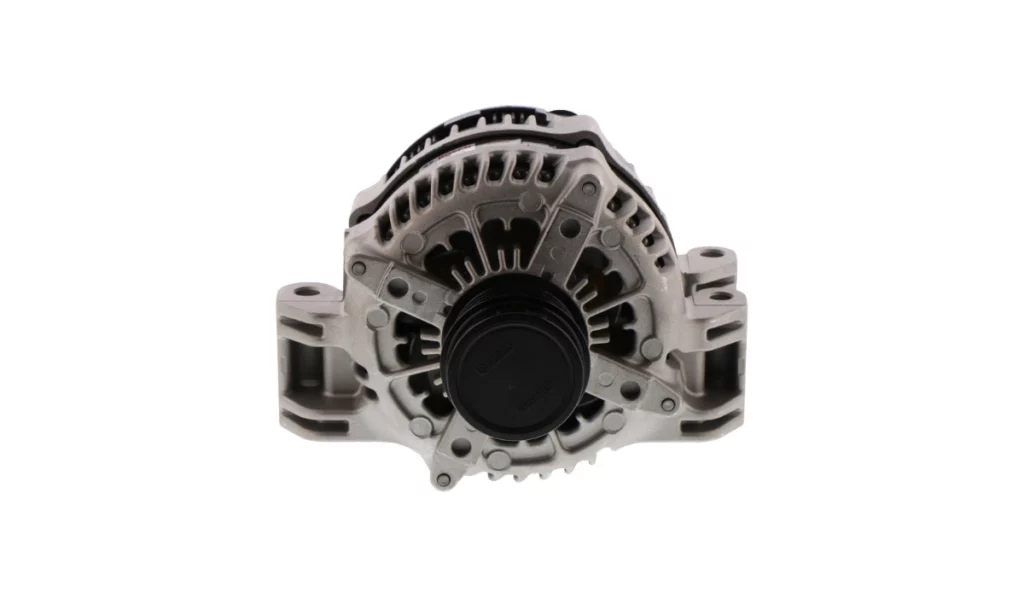
Repair Solutions for Alternator Issues
Addressing alternator issues promptly can prevent further damage and ensure your Dodge Charger runs smoothly. Here are some repair solutions to consider.
Tools Needed
For alternator replacement and maintenance, you’ll need:
- Gloves
- Safety goggles
- Ratchet and socket set
- Stubby spanner set
- Spanner set
- Screwdriver set
- Pliers set
- Multimeter
- Torque wrench
Safety Tips
Always disconnect the battery before working on the alternator. Wear safety gloves and goggles to protect yourself from electrical shocks, debris, and hot components. Work in a well-ventilated area and ensure the car is on a flat surface with the parking brake engaged.
Dodge Charger Alternator Replacement — Step-by-Step Guide
Locate the Alternator — The alternator is typically located on the front of the engine. It is often accessible from underneath after removing splash guards or above after removing other components. Refer to your vehicle’s repair manual for the precise location. Disassemble any components obstructing access to the alternator, such as the air intake duct, drive belts, and splash guard.
Loosen Mounting Bolts — Loosen the three mounting bolts securing the alternator in place. Remember that you may not be able to remove the bolt fully in some cases, but as long as it is unthreaded, you are good to go.
Disconnecting Wirings and Cable — After all bolts are removed, tilt the alternator forward and disconnect the electrical connector by pulling the red locking tab and pressing the black tab to release it. Then, undo the power supply cable nut to remove the power supply cable.
Remove the Old Alternator — Carefully maneuver the old alternator out of the engine bay once the bolts are loose. Depending on the engine design, you might have to pull it from the bottom or at the top to get it out. Ensure the safety of other components while doing so to prevent damage.
Reconnecting Wiring and Cable — Position the new alternator in place and reconnect the electrical connector and the power supply cable. Ensure that the connector is locked in place by pushing on the red locking tab. As for the power supply cable, ensure it is torqued to 115 in. lbs (13 Nm).
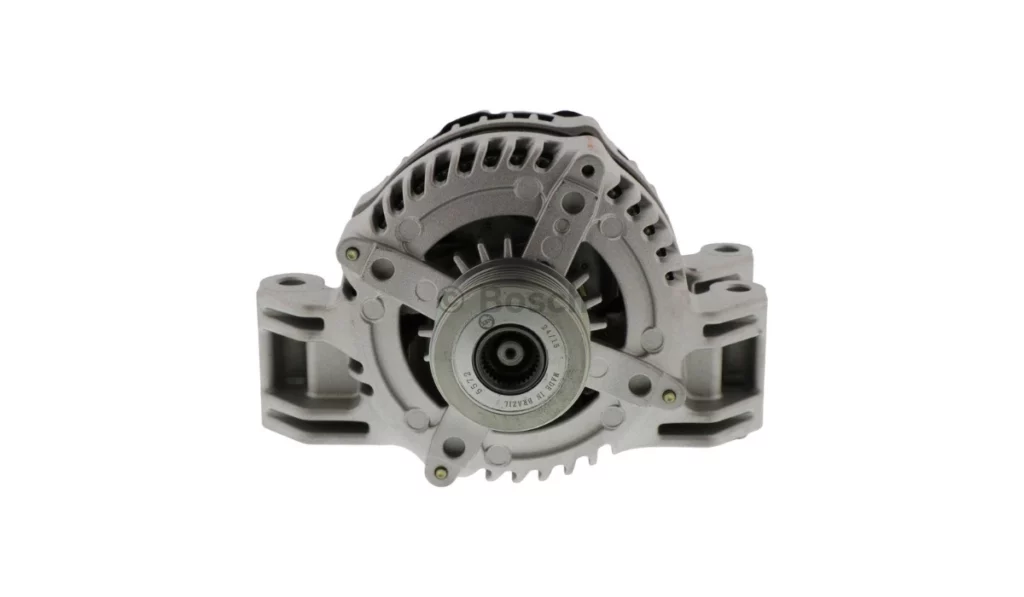
Installing New Alternator — Start threading the alternator bolts one at a time to ensure all bolts are correctly installed. Once all are threaded and the alternator is seated flush, torque it to 48 ft. lbs. (65 Nm).
Install the Removed Components — We’re nearly there; install all removed components, such as the drive belt, air intake duct, and other covers.
Reconnect Battery — Reconnect the battery’s negative terminal and ensure it is tightly secured.
Test Operation — Start the engine and verify that the new alternator is charging the battery properly. Check for any warning lights on the dashboard indicating charging system issues.
Final Checks — Double-check all connections and components to ensure everything is properly installed and secured.
Preventive Maintenance
To maintain your alternator and electrical system effectively, follow these detailed steps:
Regular Battery Checks — Routinely inspect the battery for signs of wear or damage. Ensure it holds a charge effectively and is not showing signs of sulfation or acid build-up. A healthy battery supports the alternator by providing a stable voltage supply, reducing the risk of alternator overload and failure.
Regularly Check the Serpentine Belt — Examine the serpentine belt and its tensioner for signs of wear, cracks, or fraying. Ensure the belt maintains proper tension; a loose or damaged belt can hinder the alternator’s performance, potentially leading to charging issues and further damage to other engine components.
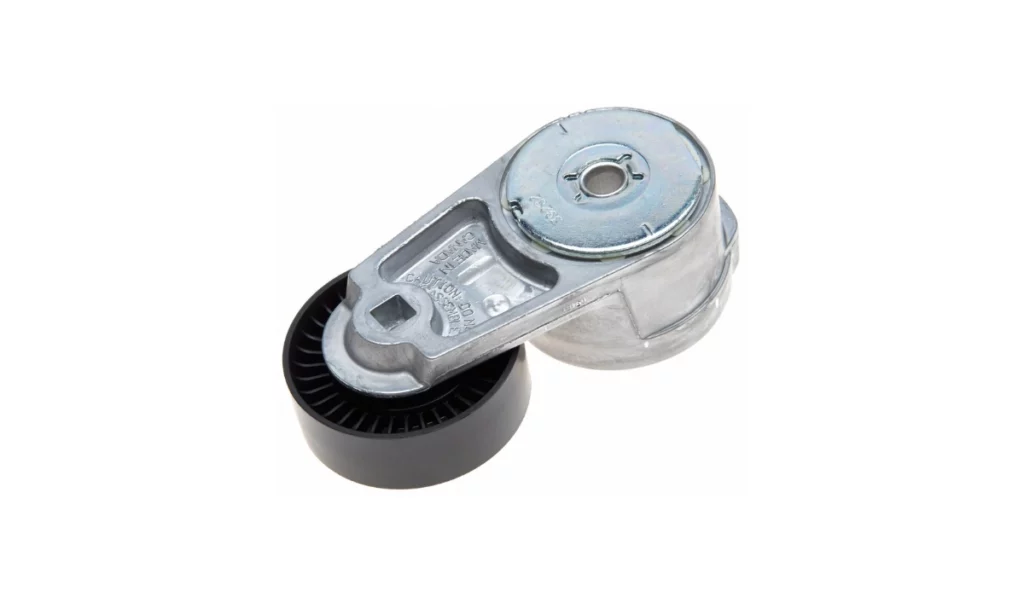
Clean and Tighten Battery Terminals — Periodically clean the battery terminals to remove any corrosion or build-up. Ensure the connections are tight and secure to maintain a strong electrical connection, which is vital for the alternator’s efficiency and the overall health of the vehicle’s electrical system.
Inspect Wiring for Damage or Corrosion — Check all wiring connected to the alternator for signs of damage, wear, or corrosion. Damaged or corroded wires can disrupt the electrical flow, causing the alternator to malfunction. Replace any compromised wiring to ensure reliable performance.
Avoid Overloading the Electrical System — Be mindful of the electrical load on your vehicle by avoiding excessive use of aftermarket accessories that draw significant power. Overloading the system can strain the alternator, leading to overheating and premature failure. Use accessories wisely and consider their impact on the vehicle’s electrical health.
How Much Is It to Fix an Alternator in a Dodge Charger?
The cost to fix an alternator in a Dodge Charger typically ranges from $400 to $800, including parts and labor. The price varies depending on the model year, the alternator type, and your area’s labor rates. DIY repairs can reduce costs, but it’s essential to ensure proper installation to avoid further issues.
DIY Project This Weekend? Newparts.com Has You Covered!
Are you planning a DIY project for your Dodge Charger this weekend? Newparts.com has you covered! Whether you’re dealing with a faulty alternator or tackling other maintenance tasks, we offer a wide range of high-quality parts to keep your Charger running smoothly.
Our extensive inventory ensures you’ll find the exact part you need, all at competitive prices. Plus, our easy-to-navigate website makes it simple to find the right parts, and our fast shipping means you can get your parts quickly and start your project without delay.
From alternators to brakes and everything in between, we provide reliable parts that meet or exceed OEM standards. Trust Newparts.com for all your automotive needs and make your DIY repairs successful. Our dedicated customer service team is always ready to assist you with any questions or concerns, ensuring a smooth shopping experience.
Visit us today and experience the difference quality parts can make in maintaining your Dodge Charger!


